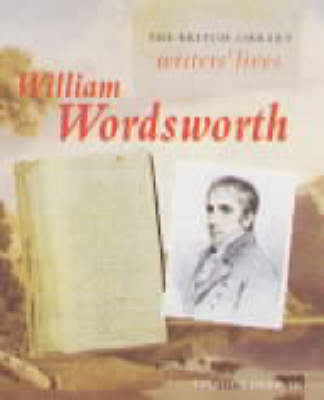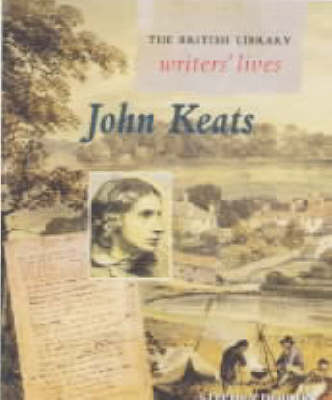British Library Writers' Lives S.
2 total works
Deploying a wide range of illustrations, from manuscripts in Wordsworth's hand in The British Library, and at the Wordsworth Trust at Dove Cottage in Grasmere, to photographs, portraits and paintings in many other collections, Stephen Hebron discusses the life of a writer whose works had a tremendous influence on his contemporaries and later poets alike. He recounts how Wordsworth left his upbringing in Cumbria for Cambridge University and travelled extensively in Revolutionary France and the rest of Europe, before returning to Dove Cottage where he created some of the leading works of the Romantic period, becoming an establishment figures in his later years.
John Keats died at an early age, leaving what have become some of the best-known English poems, such as "Ode to a Nightingale", "Ode to a Grecian Urn", "Ode to Melancholy" and "Ode to Autumn". In this biography of Keats, Stephen Hebron traces Keats' life and development as a poet, assessing his work in the context of the contemporary social and literary scene. After leaving school, Keats gained an apprenticeship to a surgeon and went on to qualify as an apothecary. But increasingly poetry dominated as his principal interest. He began to move in poetic and artistic circles, counting among his friends and acquaintances Leigh Hunt, Benjamin Haydon, Charles Lamb and Percy Bysshe Shelley and it was not long before his poetry was published regularly. Despite admiration of him by contemporary literary figures, reviewers were not as favourable and in his lifetime the majority of his poetry met with harsh criticism. Having lost his mother and brother to tuberculosis, Keats knew the signs of the illness when he too succumbed. Sent to Italy by his doctors to recuperate, he never returned, dying in Rome aged just 26.
His poetry inspired Tennyson and Browning, and the pre-Raphaelite painter ranked him on a par with Dante, Homer, Chaucer and Goethe. Today, Keats is recognised as one of the great poets of the Romantic age, confirmation of his own assertion " I think I shall be among the English Poets after my death".
His poetry inspired Tennyson and Browning, and the pre-Raphaelite painter ranked him on a par with Dante, Homer, Chaucer and Goethe. Today, Keats is recognised as one of the great poets of the Romantic age, confirmation of his own assertion " I think I shall be among the English Poets after my death".

